
The right to defence
‘This is the magic of the extreme. The seduction that exercises all what is extreme. We the anti-moralists, we are the extremists’. i
The free spirit – the anarchist nihilist is advancing and going over.
The formal systems of reference, given by the judging organs, establish the role of the defendant. In this way the base of the moral and judicial monster is established in an organic way.
To dismantle and knock down the ‘pillars’ of the law-judgement means to eviscerate its inferior abyss until its fragments can be found in a hidden way.
To knock down all elements of logo-centric reference means to deny in a continuous renovation, to interpret all fragments of it, made of a ‘resistance’ without corners.
The fire of the devouring chaos extinguishes all rational re-elaborations, by ‘denying’ and by renovating while denying.
Each of us must find their personal inferno ii .
Defence (right) art. 24 of the constitution: ‘Inviolable right guaranteed by the constitution which consists in assuring everybody the possibility to defend their legitimate rights through the action or resistance during the judgement.’
The placid repeating of a movement aiming at logic consequences dissolves itself in a consequential plot.
A careful examination of this plot leads to the theorization, assimilated in an asymmetrical way, of the determined.
While listening, the deaf absence, the ‘stamp’ given by the presence of the absence, is the absence itself.
The absence is the presence of the ‘absent being’.
The production of a series of logical-rational consequences creates ‘appeasement’, leading to the determination of this appeasement, which becomes quiet acquisition by transmitting the reason that created the appeasement: to circumscribe and determine the events by determining them in a logic rationale.
In an aprioristic way, the subject-individual who has no prejudices as concerns his logic deduction of the effects of this ‘determining’ accepts its ordinariness, because the distance between the acquisition of the logic effects and its making them logic reduces itself till it re-marginalizes itself by focusing its effect.
‘The defender of *** has protested because the seized material cannot be classified as primer or explosive (…). However he has demanded that the coercive measure be rejected also because of lack of any references to the behaviour his client is accused of (…)
Subordinately he has demanded the application of a non-custodial measure.’
This chosen line rationalizes the events and classifies the sign-effect that emerges from the extent of the events themselves.
Fatalism ‘affirms’ the subject-individual, which realizes himself in each movement-moment and becomes the ‘logic’ development that simplifies the development itself by adapting it.
All this considering the supposed evidence that this development is a determination, an event that the logic has realized by determining itself.
The dynamics of defending oneself makes the sensory capacities of one’s own individuality useless. These capacities acquire significance while revealing themselves.
Therefore the homologous role of the defendant, established by the judging organs, is polarized by a conventional sign.
A systematic nature absorbs the events to which and in which the subject-individual is placed, so that he puts himself before the dependence of a ‘golden cage’.
The development of the events establishes a thread, which sublimes into ‘nothing’ by dissolving itself.
The formal system of reference for the individual deprived of his essence, of his ‘being’ individual, exacerbates and subdues the reason and assimilates it to the ‘mask of the law’.
In the assimilation of a moral root, the affirmation of oneself is social prison, where the transposition between the individual who affirms himself and the prisoner who conforms through homogenization, nullifies itself.
A defender according to art 96 s.s of the penal code. ‘He guarantees technical defence in a penal procedure to the defendant and to other parties who have the right to nominate him.’
The main intents of a subject-individual, by now defendant, are dissipated in a logic dissociation, which moulds the interpretation of the judicial doctrine and of the ‘guarantee’.
A defendant walks along a prearranged path, which defines what is ‘guaranteed’ as the procedural clause of a subjective falsification.
Taking measures, he endorses himself in a constitution-construction, thus giving a sense-signifier to ‘his’ nothing.
‘The characters of a defence are the effectiveness and freedom of the defender’.
Swallowed up by the law, a non-individual defendant assimilates the essential characters that make a judicial procedure, in which conventional signs emerge in a logic and rational point of view.
Any ‘character’ imposes a moral obligation, in which the defendant gets entrapped with no way out.
Atonement becomes appearance, which turns into subordination, in the void created by a judicial role that has become absolute in its aiming at redeeming by nullifying.
‘Effectiveness implies that a defender has a dynamic, creative and participating role in the dialectic with a public prosecutor during a trial.’
The role of a defender makes the profile of a defendant precise and clean. The defendant, who does not recognize, or has nullified, his individuality and peculiarities, turns into a recomposed and level form.
His identity is the ‘law’.
The effects of the role of the defence take on and change the subjectivity of a defendant, and apply an all-embracing language-dialectic in the judicial farce, thus leading the missing parts to a totalizing rehabilitation.
The recomposed parts expropriate any fibres of the individual and catalyze the adaptation to reconciliation perspectives in a mechanistic way, reconciliation which represents a synthesis of significance.
The result is the privation of ‘interior revolt’ and abandonment to the ‘nothing’.
Conciliation is permanent.
Now the defender, invasive like a pathogen, assumes the humus of the subject, in a total removal of all singular ‘characters’, and stabilizes himself.
The methodological articulation of the ‘compromise’ is viewed as fundamental.
‘Between what is declining inside him and around him
And what enhances him
The wind of a catastrophe is passing.’
P. Klossowski
The vivisection of conscience represents the concept of ‘reason’ in an obvious metaphysical-rational activity.
The effectiveness of reason, dissected, goes back to a reduction-representation, in a subject whose expression becomes a faithful intersection of that dissection.
The rejection assimilated by the voice of conscience, which dissects, deprives the individual of his essence and peculiarities, leading to a goal-truth as a global concept of the ‘voice’.
This ‘voice’ exposes a moral logic that expresses the value of the world according to categories, which are the results and the perspectives of utility, determined in what has to be determined.
Built by conscience, values are derivations of the maintenance of human form-dominion.
By projecting formal data and concepts-orders, the law acquires the right to exist.
Renouncement becomes virtue.
The virtue of this renouncement comes in as necessity in the subject, in a dissected psychological state.
Morals put the individual in a corner, and the individual takes the blows without realizing his subjection.
The voice of conscience expresses itself by ‘saying’:
‘The universal values of man are my values, are fundamental values.’
The common value of the law represents logic understanding, which confers a ‘right’ of existence to universal values.
The right of defence
‘Defence is an inviolable right in every state and degree of a procedure.’ (Art 24 of the constitution).
‘Contrary to what is commonly thought, a defendant is not the object of the punitive stance of the state, nor is he a mere passive subject of this stance, but he is a real subject in the trial, to whom the law recognizes some rights and powers (rights of a defendant).’
The base of judicial discipline demands, by affirming itself, simplification and reduction, and the interpretative deconstruction of the individual. It marginalizes the expression of any existential specificity thus reducing deaf expression to a death form.
The effects of ‘self-defence’ express the symptomatic manifestation of a disease of the spirit, where the elements of expression are chained to moral substance, which leads to the symptom of ‘mending oneself’, as a sign of reason.
These values inhibit the annihilator input, and become the hegemonic logic of the law.
In a perspective of reconciliation, the reason re-emerges, a reason that gives sense to renouncement and extinction of the will of strength.
From an ethical point of view, conciliation is a ‘track’ of the conventional sign of the ‘right of defence’.
A trauma is resolved in a conciliating agreement.
To adapt oneself gives sense to things, in what is affirmed and accepted in the conscience-existence.
What is necessary is desirable.
Moral suppuration prevails.
‘Democratic constitution, being founded on laws, ensures true freedom and harmony, provided that citizens do not harm one another and learn to adapt to life in common, inspired by harmony’ iii
-
i Will to Power, F.Nietzsche
ii ‘It is not by chance, Cerberus watches the doors of your personal inferno where no one can enter
and from where nothing comes out’ (see ‘Cattive Passioni [Bad Passions], Edizioni Cerbero.
iii Die fragmente der vorsokratiken, H. Diels W. Franz
http://325.nostate.net/?p=4117#more-4117


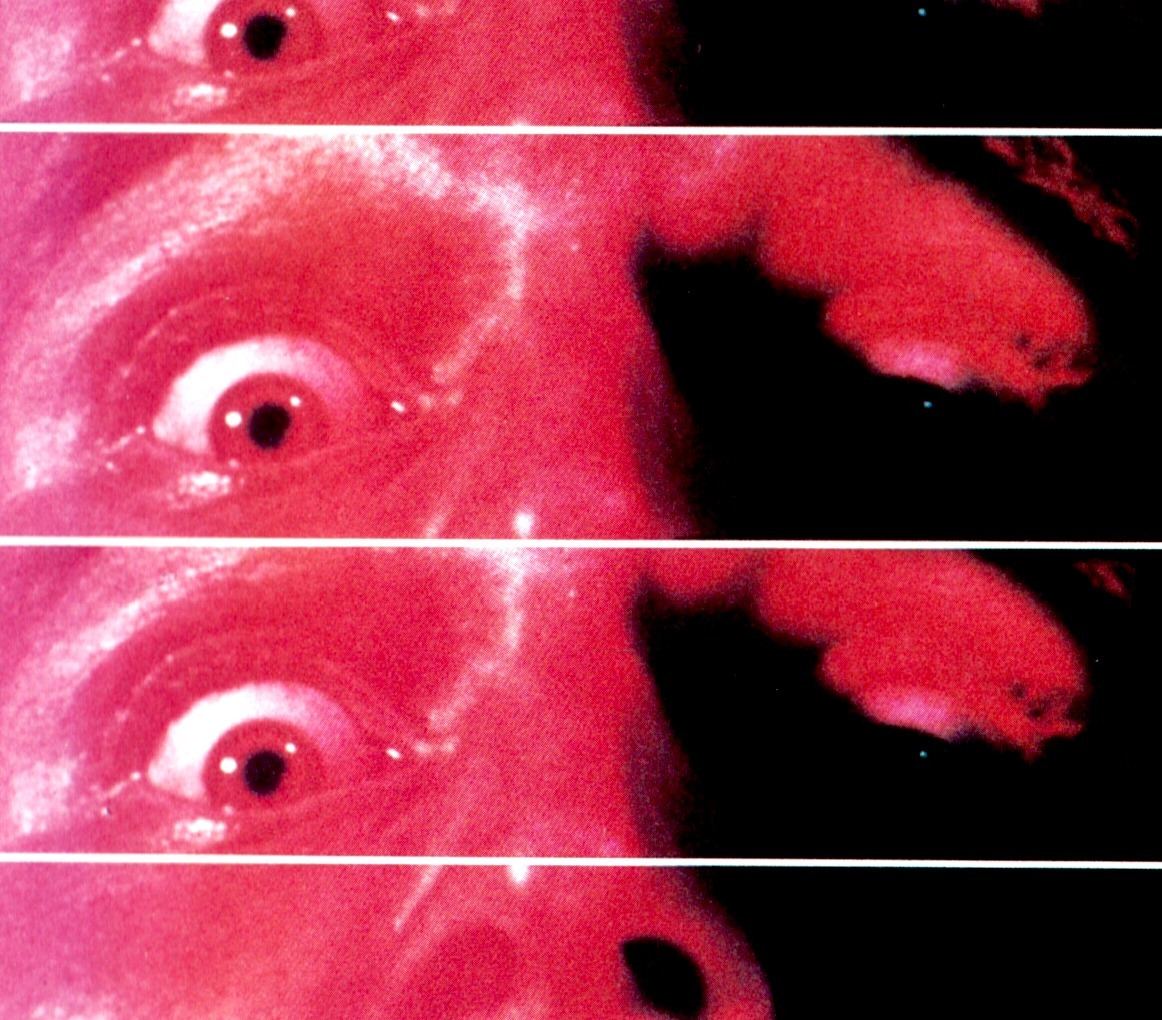
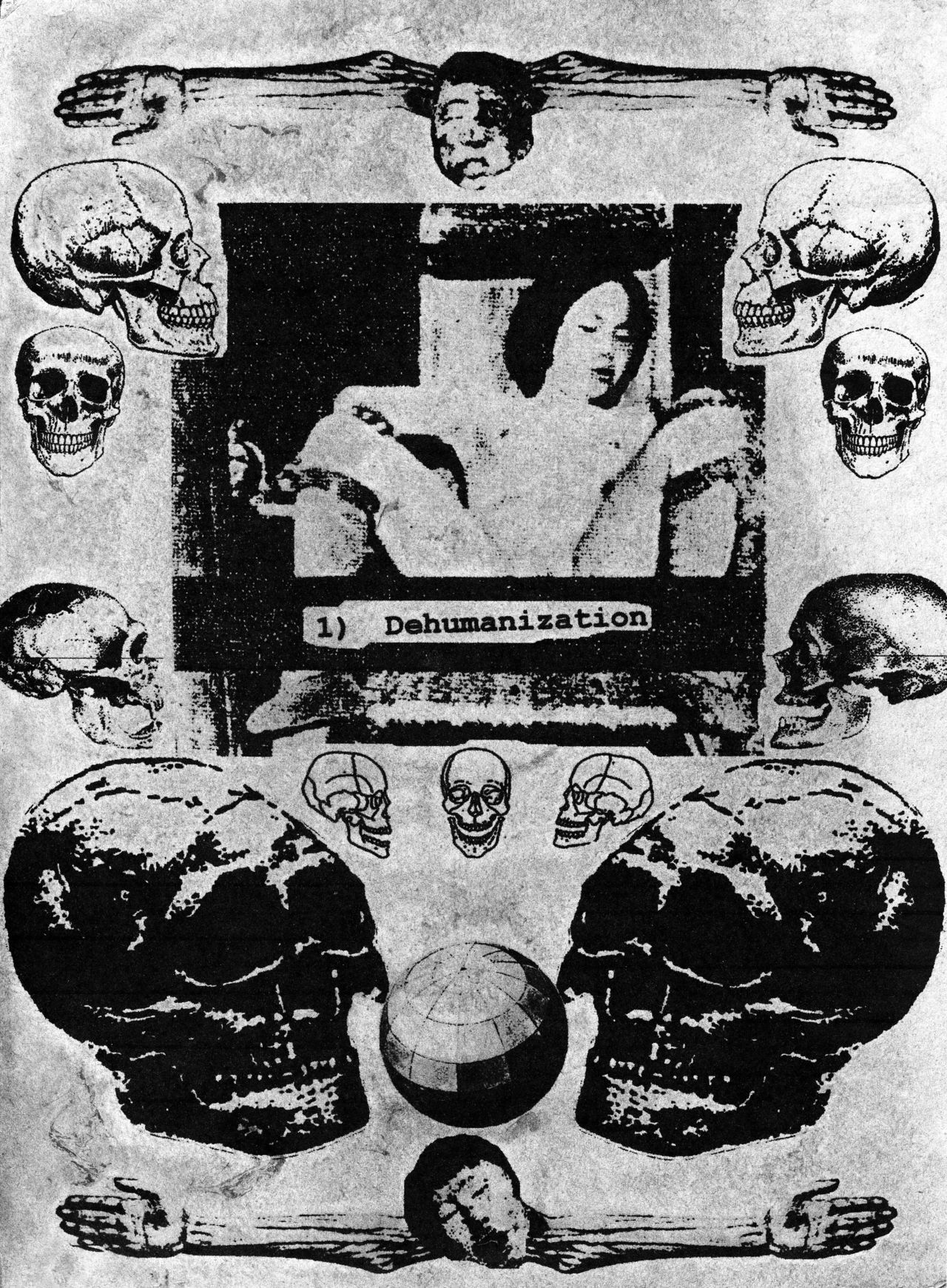



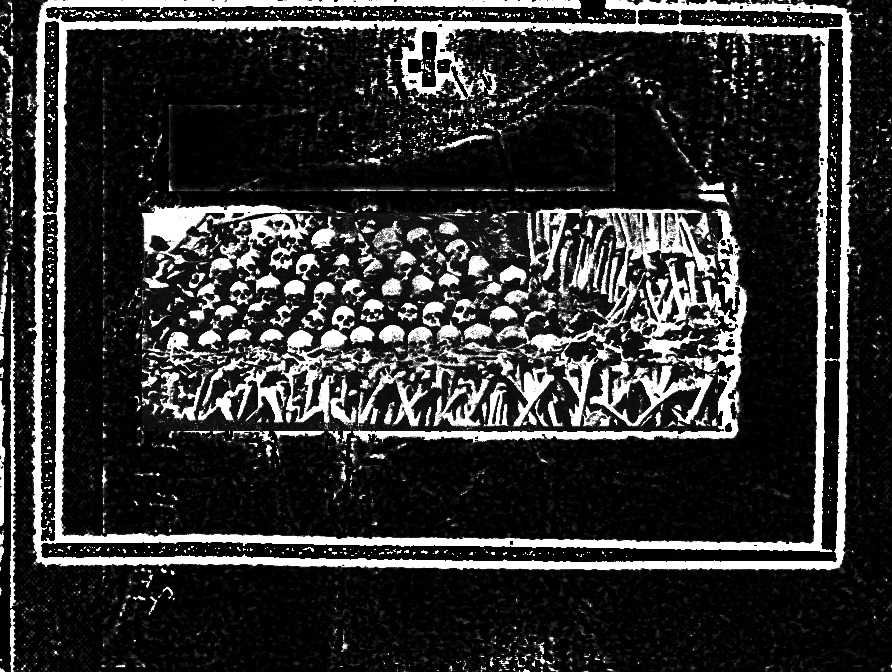
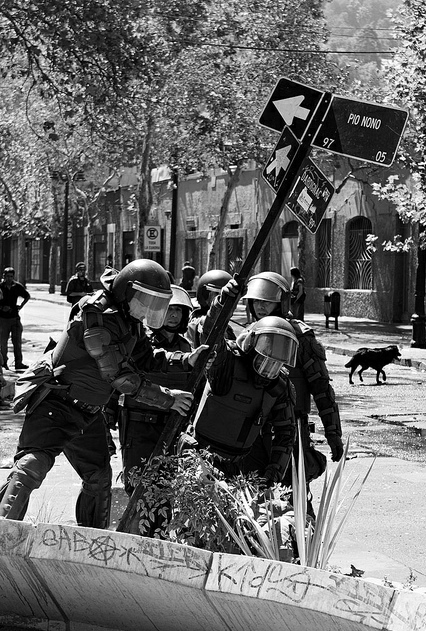



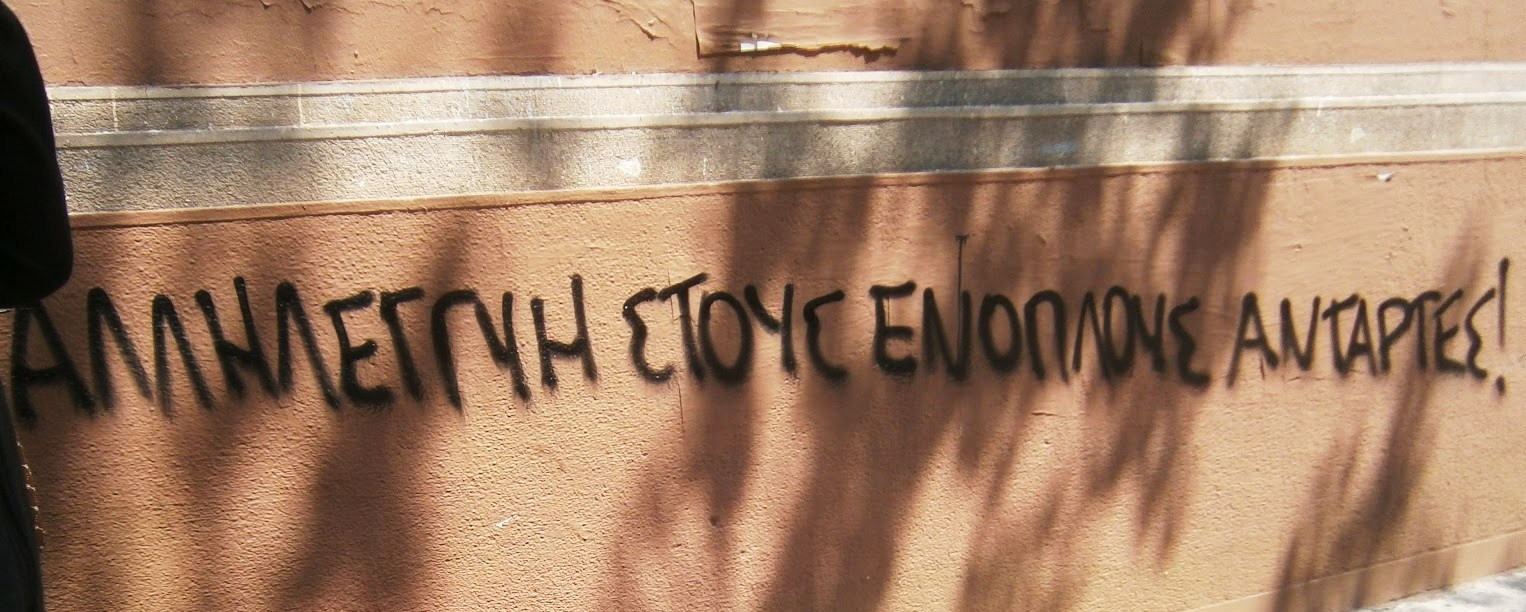

![Eurorepressione - Sulla conferenza a Den Haag sul tema "Anarchia" [corretto]](http://25.media.tumblr.com/tumblr_m0jvngOXtY1qa2163o1_1280.jpg)
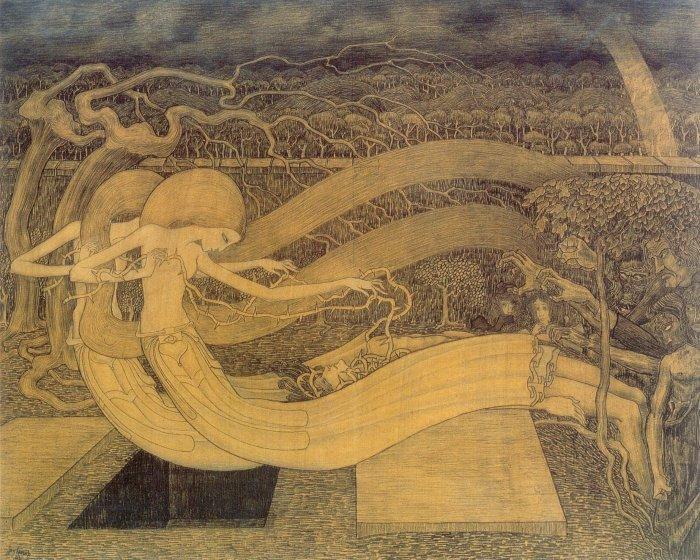
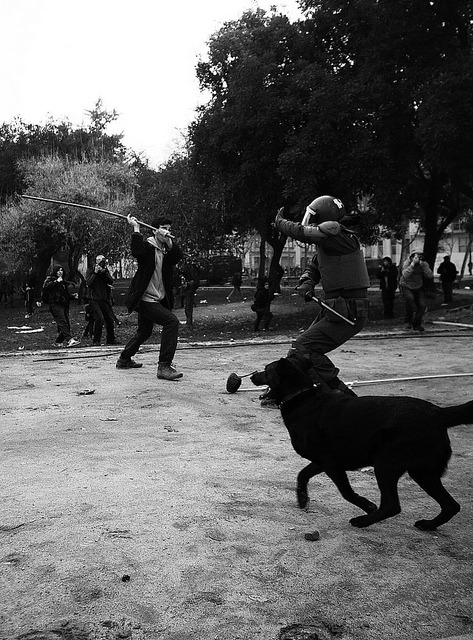
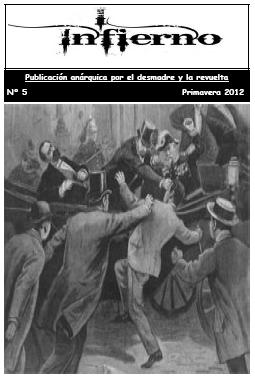

![A tres años de la Partida de Mauricio Morales: De la Memoria a la Calle [Stgo.]](http://metiendoruido.com/wp-content/uploads/2012/05/mmacividad.jpg)
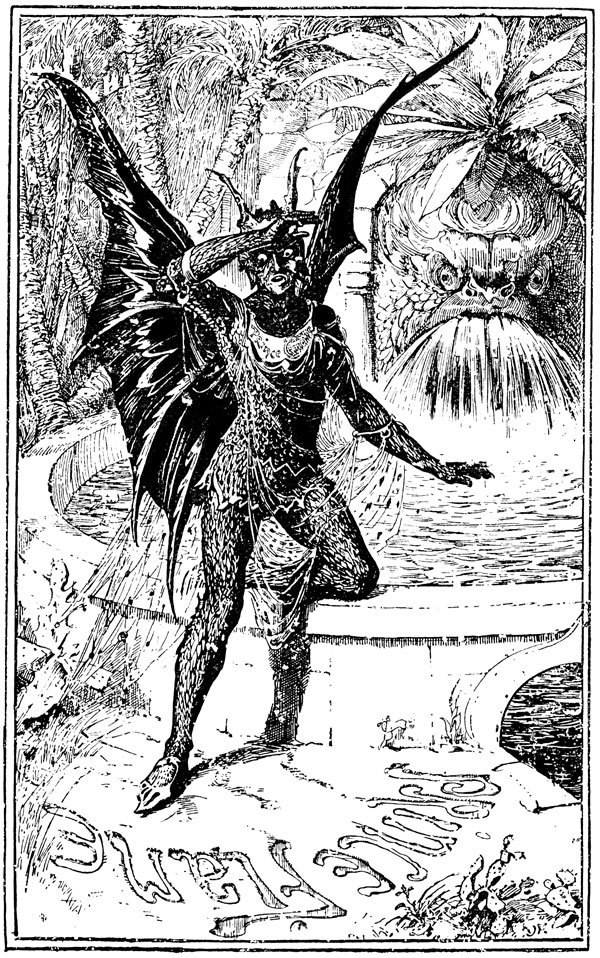




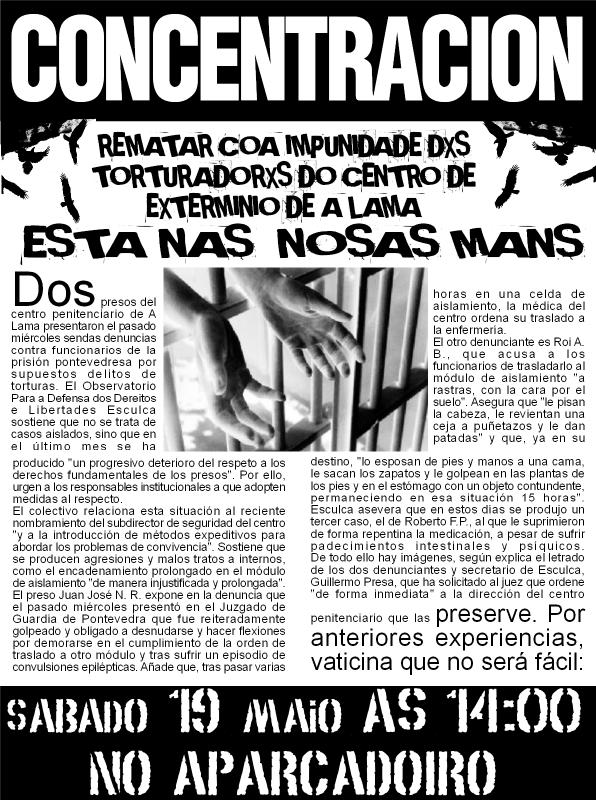



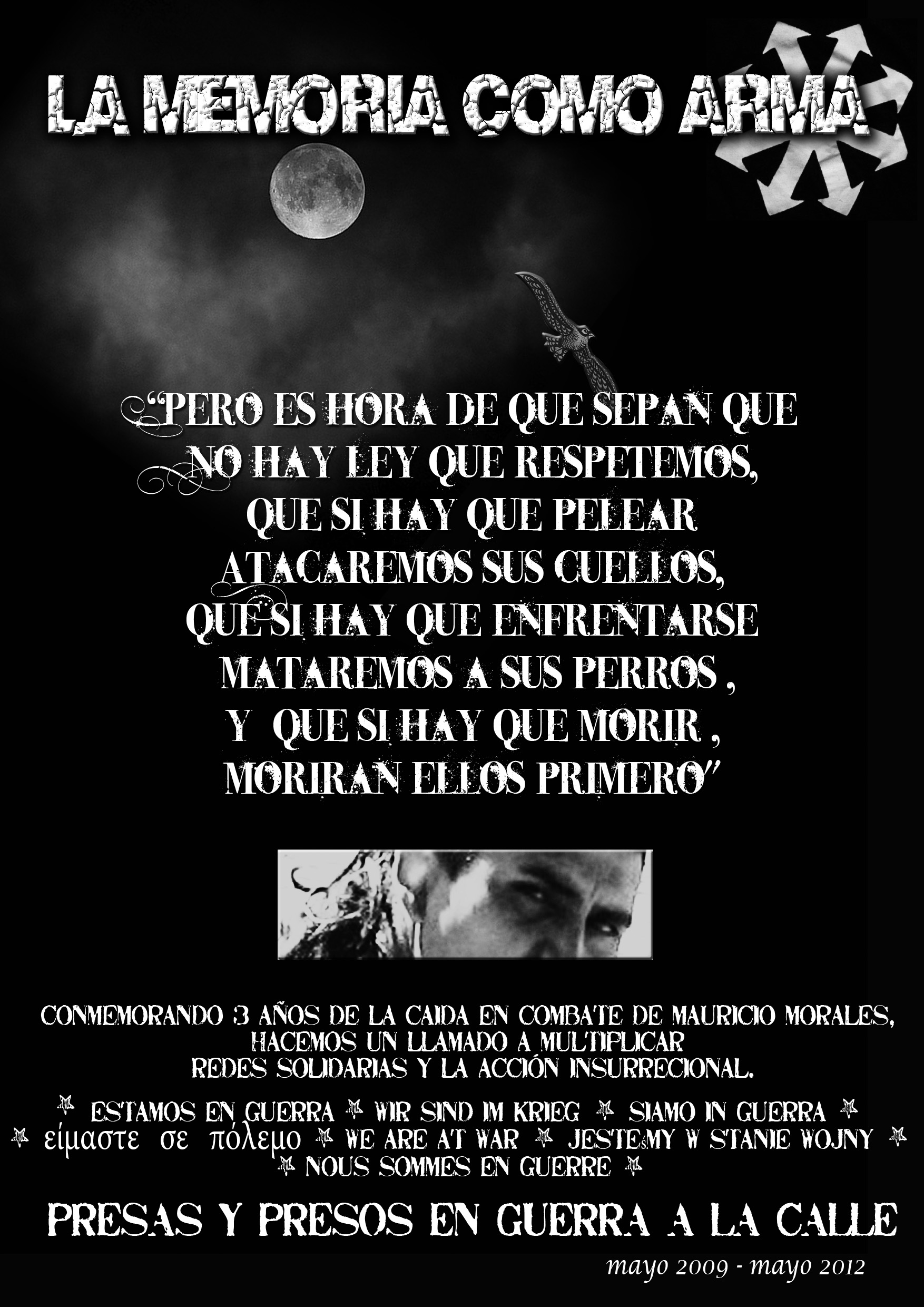
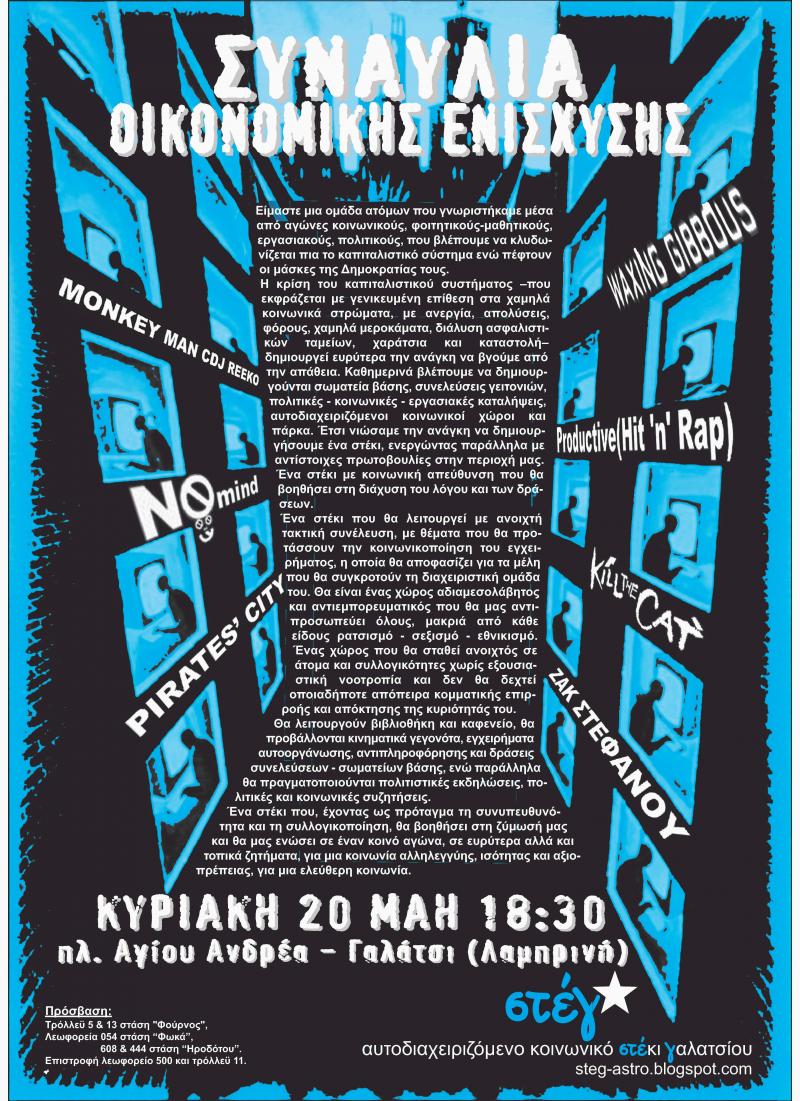








Nessun commento:
Posta un commento